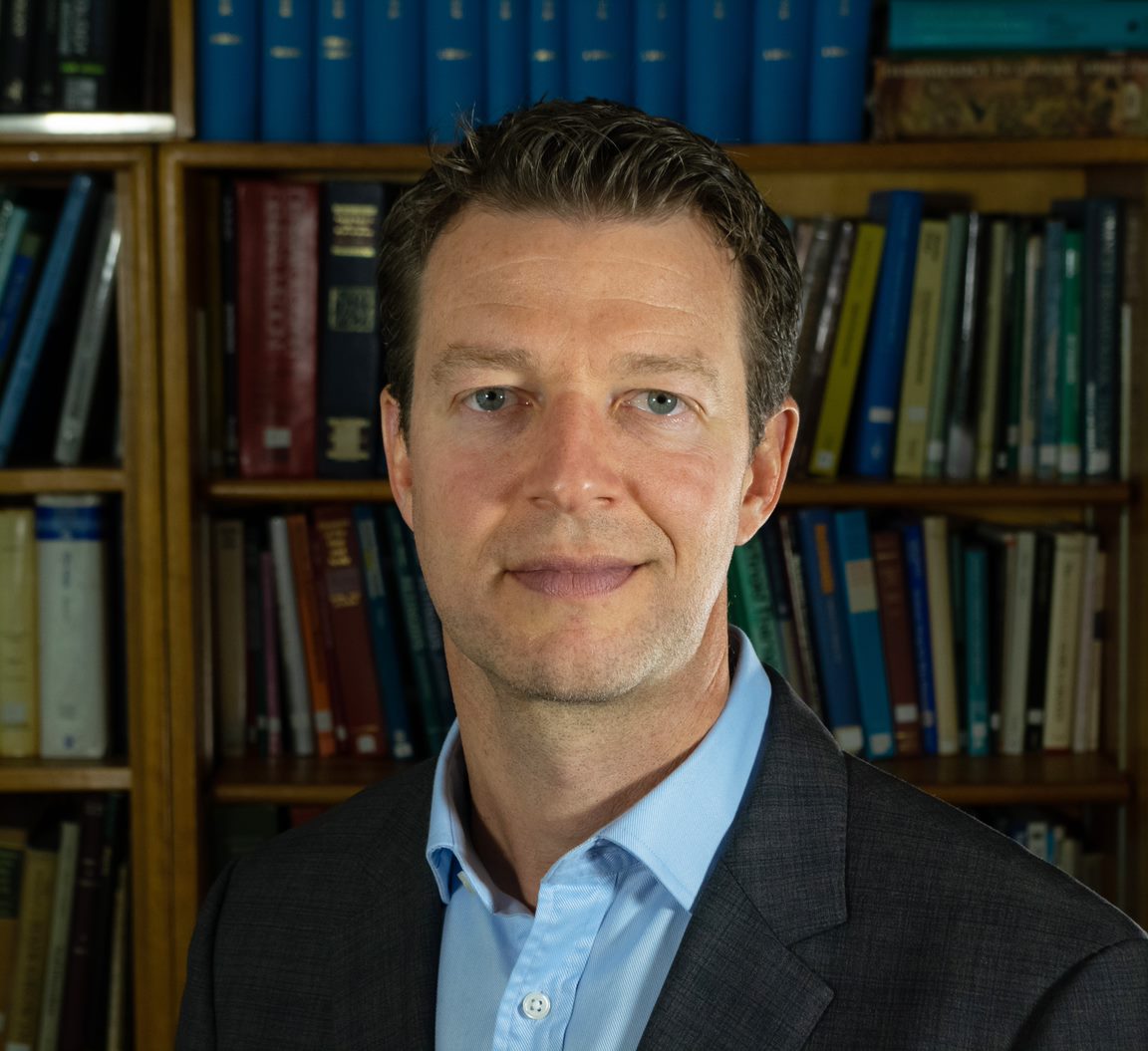Even in the most sterile of operating rooms, with resources aplenty, surgery can still be – and often is – a complicated procedure.
So every time Thomas G. Weiser, MD, MPH, a general and trauma surgeon and 2002 graduate of The University of New Mexico School of Medicine, scrubs in, he must do his best to navigate all the complexities and intricacies of an acute surgical emergency.
When delivering acute surgical services in resource-poor settings, where requirements for safe and effective operating rooms are scarcely met, resource-related complications in the operating room can turn fatal.
That’s why the bulk of Weiser’s career and his research at Stanford University Medical Center has been focused on dismantling barriers to access and provision of surgical care and real-world implementation challenges in low-resource settings.
Despite the clear benefits of access to safe and timely surgical care, the poorest third of the world's population only receives 3.5% of approximately 234 million major surgical operations performed globally.
“Of the seven billion people alive today, it’s estimated to be five billion people who cannot access safe, affordable, timely surgery when needed,” Weiser said. “It’s not that five billion people need surgery – it’s just that five billion people live in places where there are either systemic problems accessing care – like geography, lack of providers or lack of materials – or there’s a lack of financial security.”
Weiser said he first became interested in global health while attending the UNM School of Medicine.
“I was interested in how systems of care work to provide the best possible care for patients,” he said.
Before graduating medical school in 2002, Weiser was put on a surgical service rotation. That’s when he “fell in love with surgery – trauma surgery in particular,” he said.
After earning his medical degree from UNM, he completed his master of public health from the Harvard School of Public Health in 2006. He completed general surgical residency at the Brigham and Women's Hospital in Boston in 2011 and his critical care fellowship at Harborview Medical Center in Seattle in 2012.
With his continuous desire to advance patient care across the globe, most of Weiser's professional projects have focused on the quality of surgical care and strategies for improving the safety and reliability of surgical delivery in resource-poor settings.
“In the U.S., we’re very fortunate to have a very robust and sophisticated trauma system,” he said. “Most places do not have trauma systems like we have in the U.S., and that systemization of care – the way that we move patients quickly from the point of injury to the point of management and then hospital-based care and post-discharge recovery and management – is actually fairly unusual worldwide.”
As a clinician, Weiser makes it his mission to implement patient safety initiatives, and he mentors others – including other surgeons, residents and medical students all around the globe – to do the same.
Weiser often looks to one patient safety initiative in particular, the World Health Organization’s (WHO) Surgical Safety Checklist – and not just because he played a large role in creating it.
From 2006 to 2009, Weiser was part of WHO’s Safe Surgery Saves Lives program, where he quantified the global volume of surgery and created the 19-item checklist, which focuses on communication among the surgical team.
“When we implemented the checklist in eight hospitals in eight different countries, we reduced mortality by 50% and complications by over 30%, and there were dramatic improvements in best practices,” he said. “Most of the items on the checklist are communication-related – around how we communicated anticipated problems and making sure the everyone knows what’s happening.”
Weiser recently worked with a team in Ethiopia – where people giving birth are 23 times more likely to die than a person giving birth in the U.S. – to pilot Clean Cut, a program that has been proven to reduce the relative risk of infection by 35% for all surgical patients.
Clean Cut launched in 2020 after Lifebox – a charity organization that works to improve the safety of surgery and anesthesia worldwide and works to train clinical providers in sterile processing techniques and infection prevention – received a Bill & Melinda Gates Foundation Grand Challenge Initiative grant, in which Weiser was named as the program’s principal investigator. Part of the grant, funded by the UBS Optimus Foundation, supported implementing the program in 10 Ethiopian facilities.
“He launched that program and really pushed for it,” said Lifebox Global CEO Kris Torgeson. “And now, because that program has had really great results, we’re starting to spread Clean Cut throughout Ethiopia, and also in Liberia, Madagascar, Bolivia and Malawi.”
Throughout the Clean Cut program, Weiser worked with Lifebox Global Clinical Director Tihitena “Tito” Negussie, a pediatric surgeon based in Ethiopia.
“Dr. Thomas Weiser is an amazing man, full of new ideas to change the scientific world,” Negussie said. “His work in the perioperative system impacted many of the professionals, as well as the patients globally. The target of his work is to address the system and the human power so that the change will be sustainable.”

